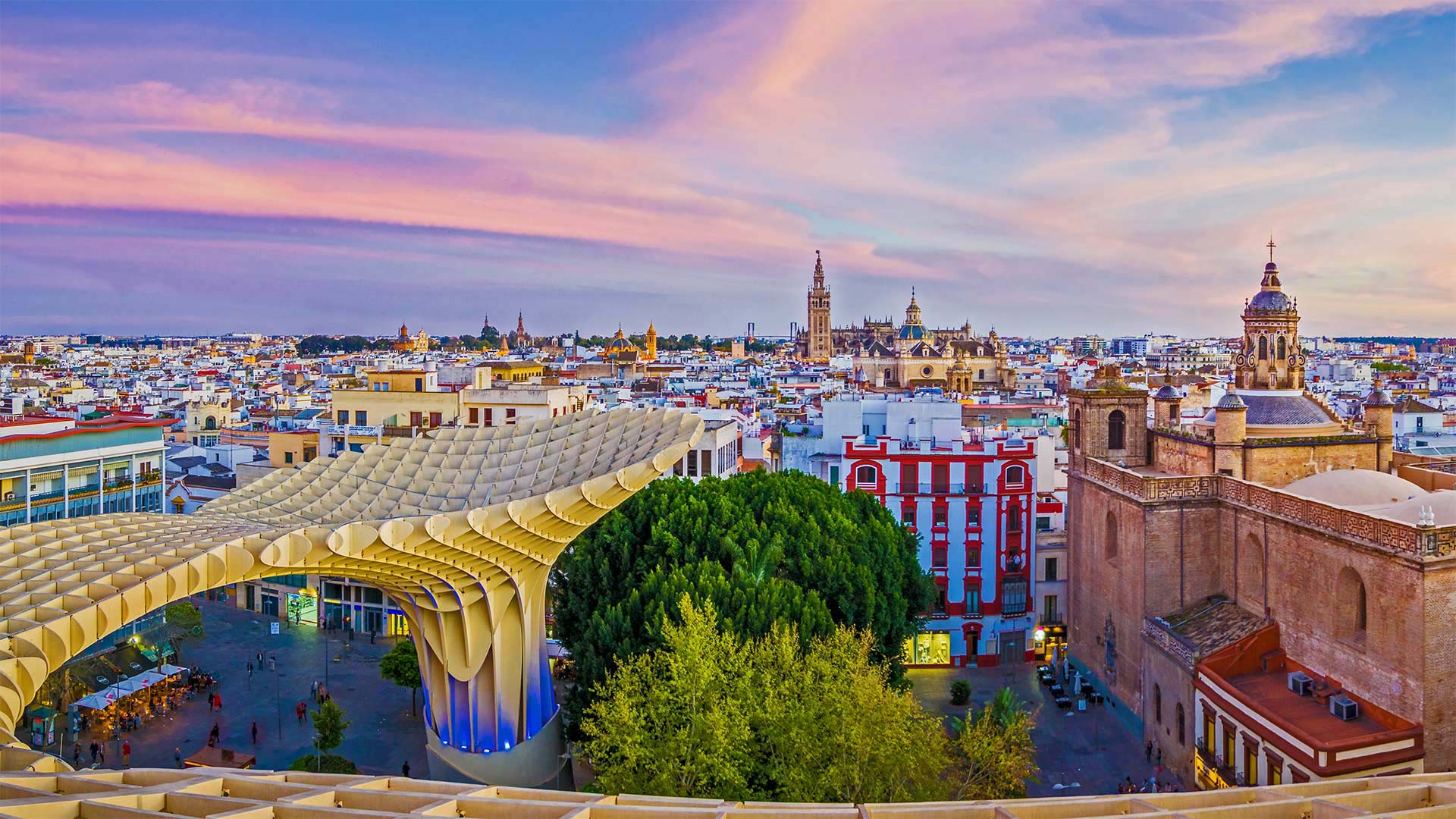Morocco’s New Incinerator: A Step Towards Sustainable Waste Management
Morocco, a beautiful country located in North Africa, is making significant strides in sustainable waste management with the construction of a new incinerator. This new facility is a key component of the country’s efforts to address its waste management challenges and move towards a more sustainable future.
Waste management is a pressing issue in Morocco, with the country generating over 5.1 million tons of waste annually. The majority of this waste ends up in landfills, posing serious environmental and health risks. In response to these challenges, the Moroccan government has been working on implementing sustainable waste management practices, including the development of modern waste treatment facilities such as the new incinerator.
The new incinerator is located in the city of Casablanca, one of Morocco’s largest and most populous cities. The facility has the capacity to process 1,400 tons of waste per day, significantly reducing the amount of waste that ends up in landfills. Additionally, the incinerator is equipped with state-of-the-art technology to minimize its environmental impact, including advanced air pollution control systems and energy recovery systems.
One of the key benefits of the new incinerator is its ability to generate energy from waste. The facility is designed to produce electricity and heat from the burning of waste, which can be used to power homes and businesses in the surrounding area. This energy recovery process not only reduces the environmental impact of waste but also contributes to the country’s renewable energy goals.
In addition to energy recovery, the new incinerator is also equipped with advanced air pollution control systems to ensure that emissions are minimized and meet stringent environmental standards. This includes the use of scrubbers, filters, and other technologies to capture and treat pollutants before they are released into the atmosphere. As a result, the incinerator is able to operate with minimal impact on air quality and public health.
The construction of the new incinerator represents a significant step forward for Morocco in its efforts to achieve sustainable waste management. By reducing the amount of waste that ends up in landfills and harnessing the energy potential of waste, the facility is helping to minimize the environmental impact of waste while also contributing to the country’s renewable energy goals. In doing so, Morocco is setting an example for other countries in the region and around the world on how to effectively manage waste in a sustainable manner.
The new incinerator is set to play a crucial role in helping Morocco achieve its waste management goals, as the country continues to urbanize and industrialize. With the facility’s capacity to process a large volume of waste and its advanced technology for energy recovery and pollution control, it is well positioned to meet the growing demand for sustainable waste management solutions in the country.
FAQs
Q: What is an incinerator and how does it work?
A: An incinerator is a waste treatment facility that burns solid waste at high temperatures, reducing it to ash and other by-products. The heat generated by the combustion process can be used to produce electricity and heat, making it a sustainable option for waste management.
Q: What are the environmental benefits of incineration?
A: Incineration helps to reduce the amount of waste that ends up in landfills, minimizing the environmental impact of waste. Additionally, modern incinerators are equipped with advanced pollution control systems to ensure that emissions are minimized and meet strict environmental standards.
Q: Is incineration a sustainable waste management option?
A: When equipped with the necessary pollution control systems and energy recovery technology, incineration can be a sustainable waste management option. It helps to reduce the environmental impact of waste and can contribute to renewable energy production.
Q: What are the potential risks of incineration?
A: While modern incinerators are designed to minimize environmental and health risks, there is still a potential for air emissions and ash residues to pose a risk if not properly managed. It is important for incinerators to comply with strict environmental regulations and standards to minimize these risks.
Q: What role does the new incinerator play in Morocco’s waste management strategy?
A: The new incinerator is a key component of Morocco’s efforts to achieve sustainable waste management. With its capacity to process a large volume of waste and advanced technology for energy recovery and pollution control, the facility is helping to minimize the environmental impact of waste in the country.
Morocco’s New Incinerator: A Step Towards Sustainable Waste Management




